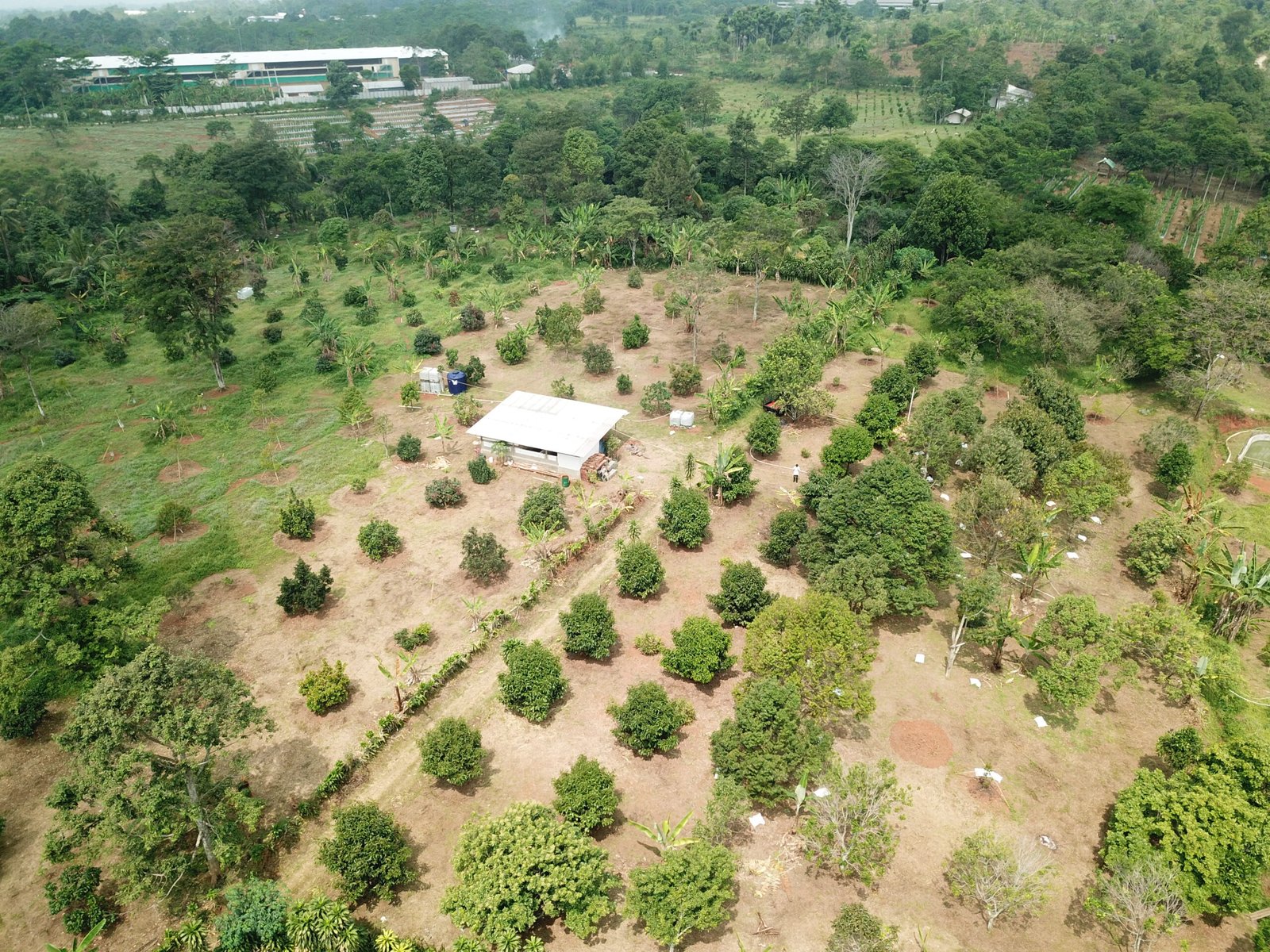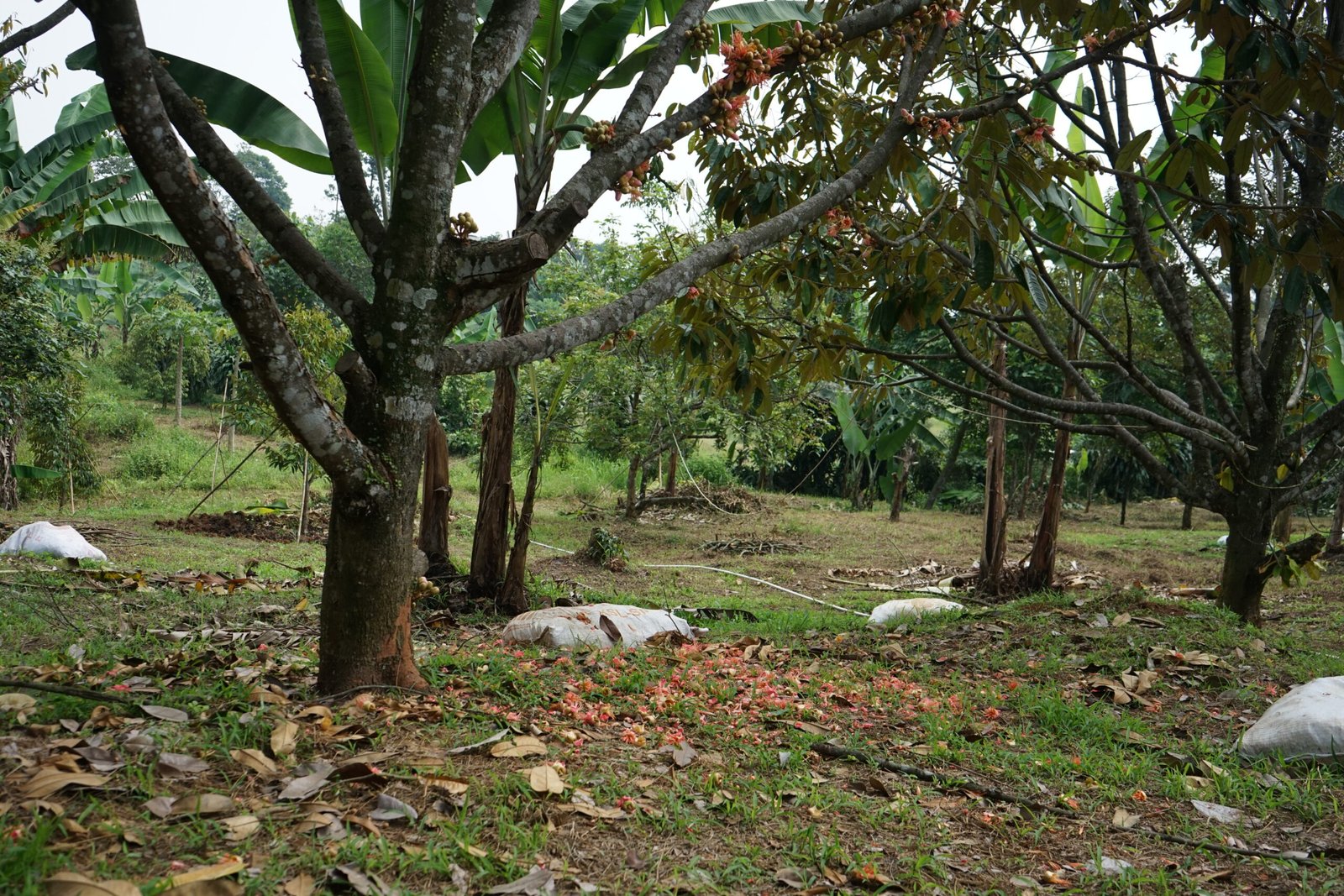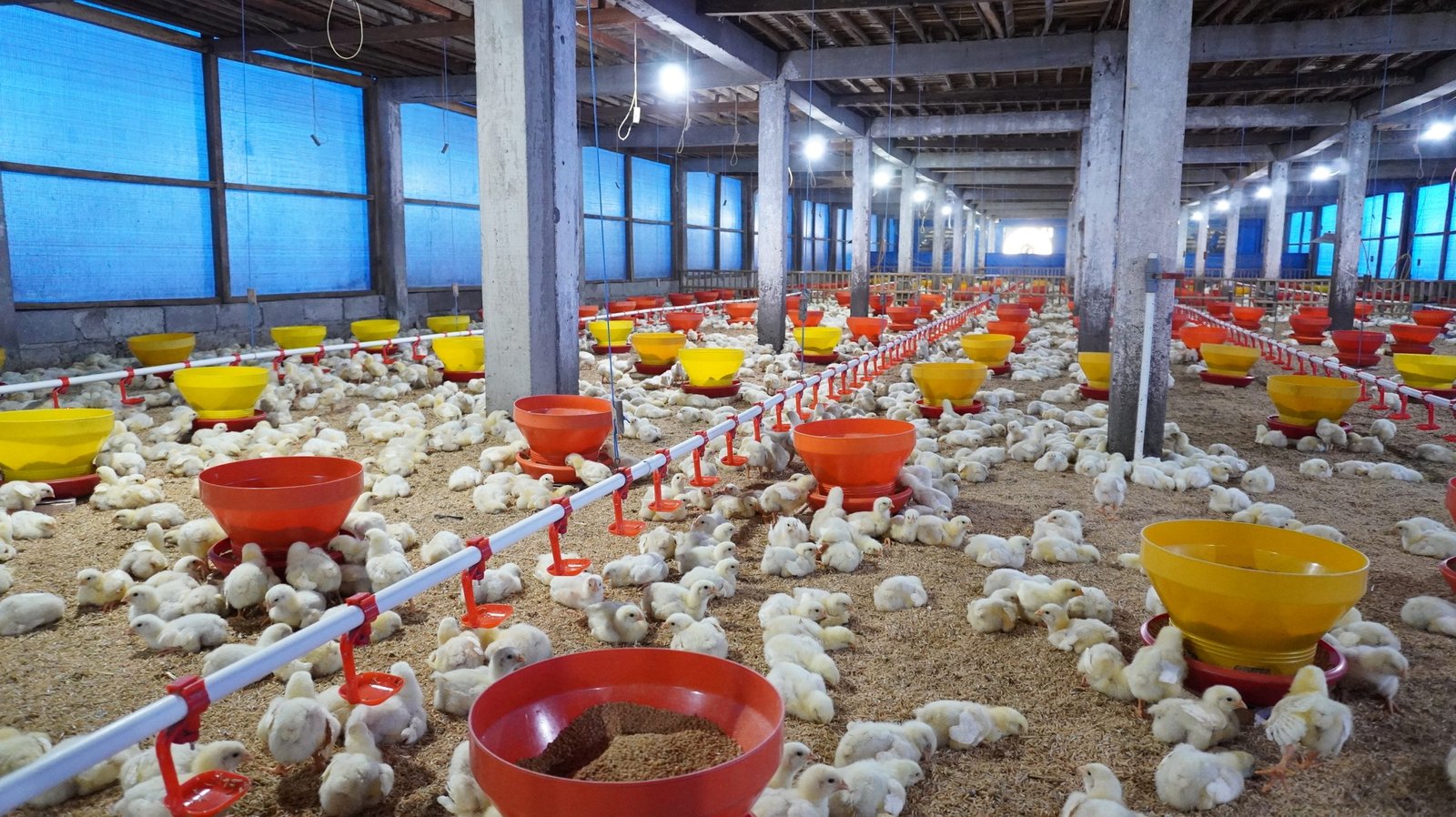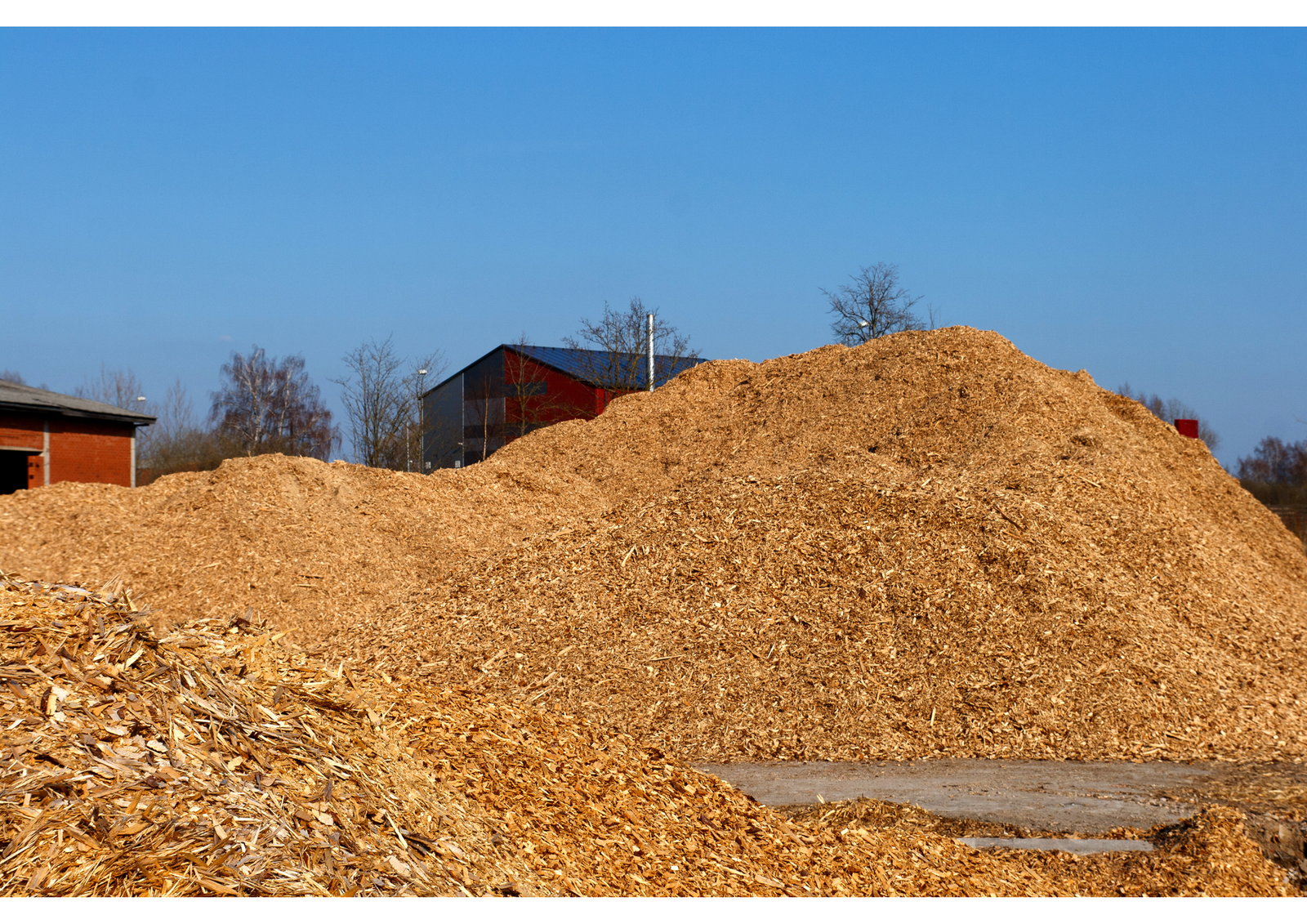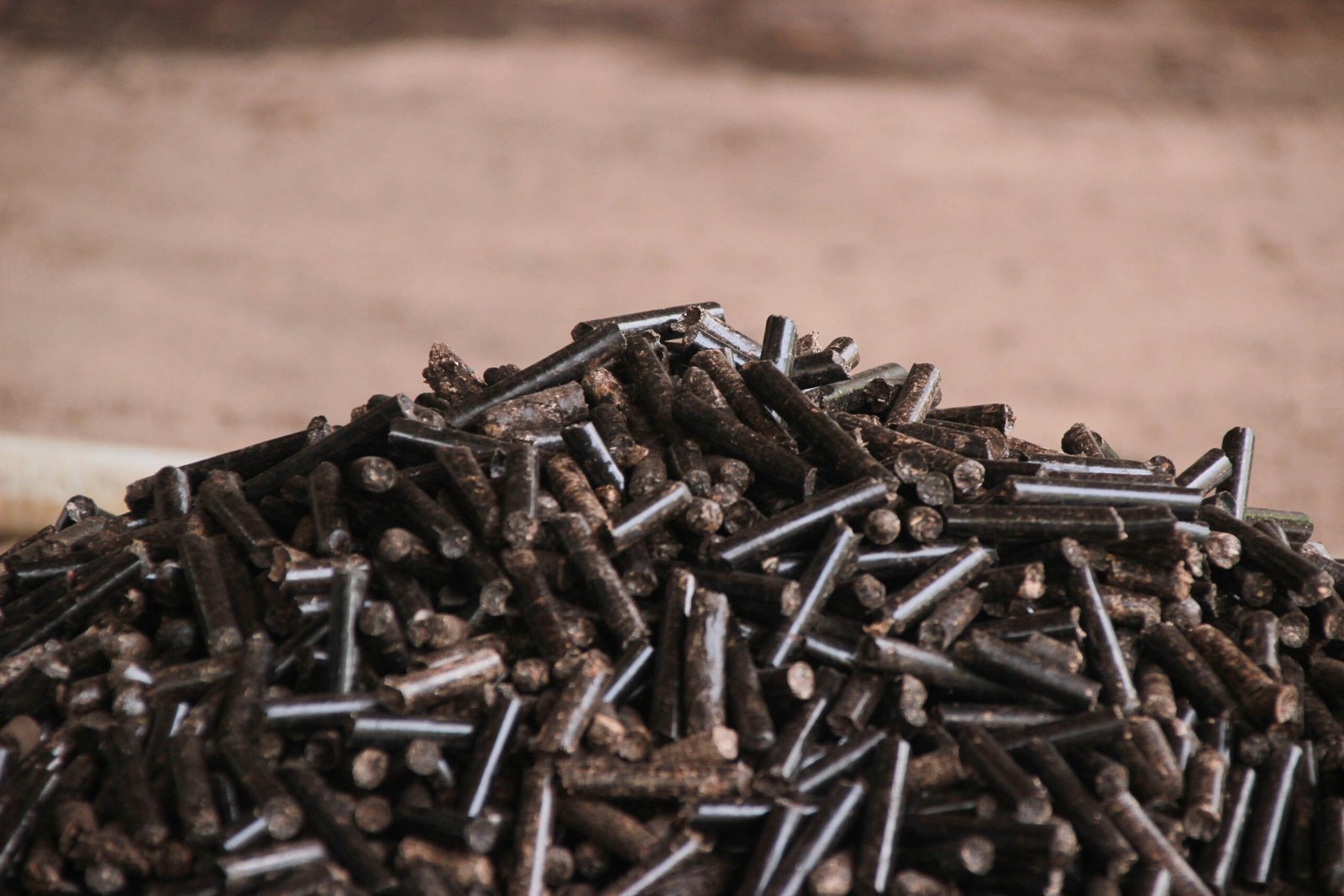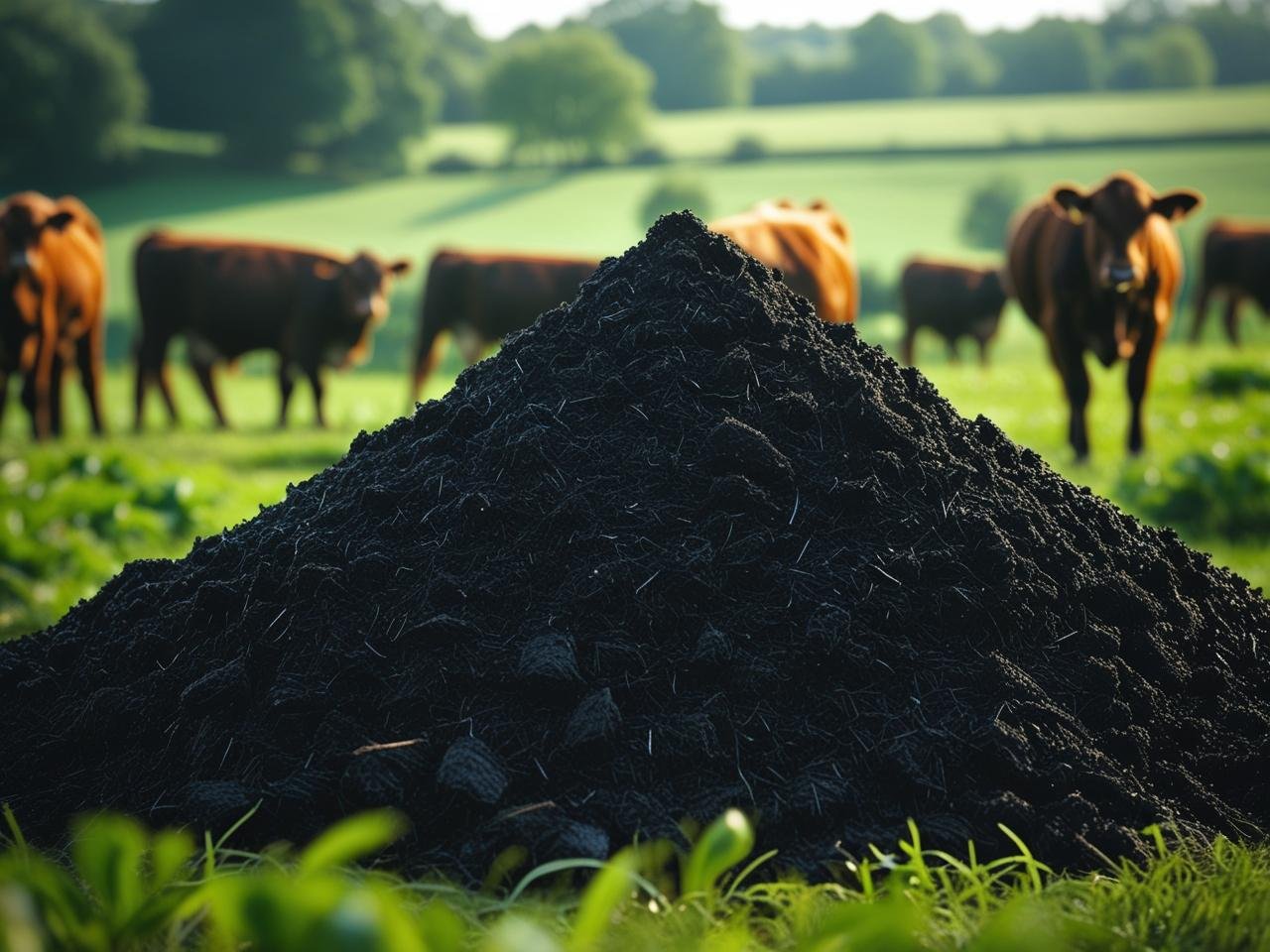
INTRO
Navtari bases all innovations and developments in waste processing on the values of the Sustainability Development Goals (SDGs) as a sustainable development program by continuing to commit to ESG (Environment, Social, Government) values, participating in creating sustainable clean energy, and protecting nature by maintaining sustainability through organic products to combat climate change.
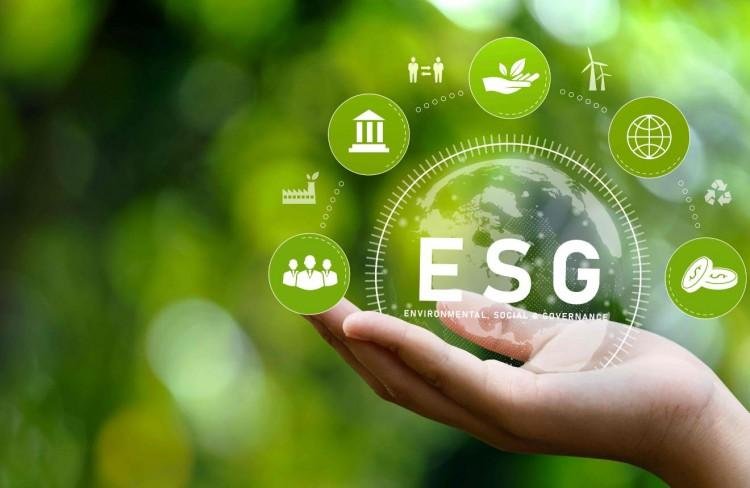
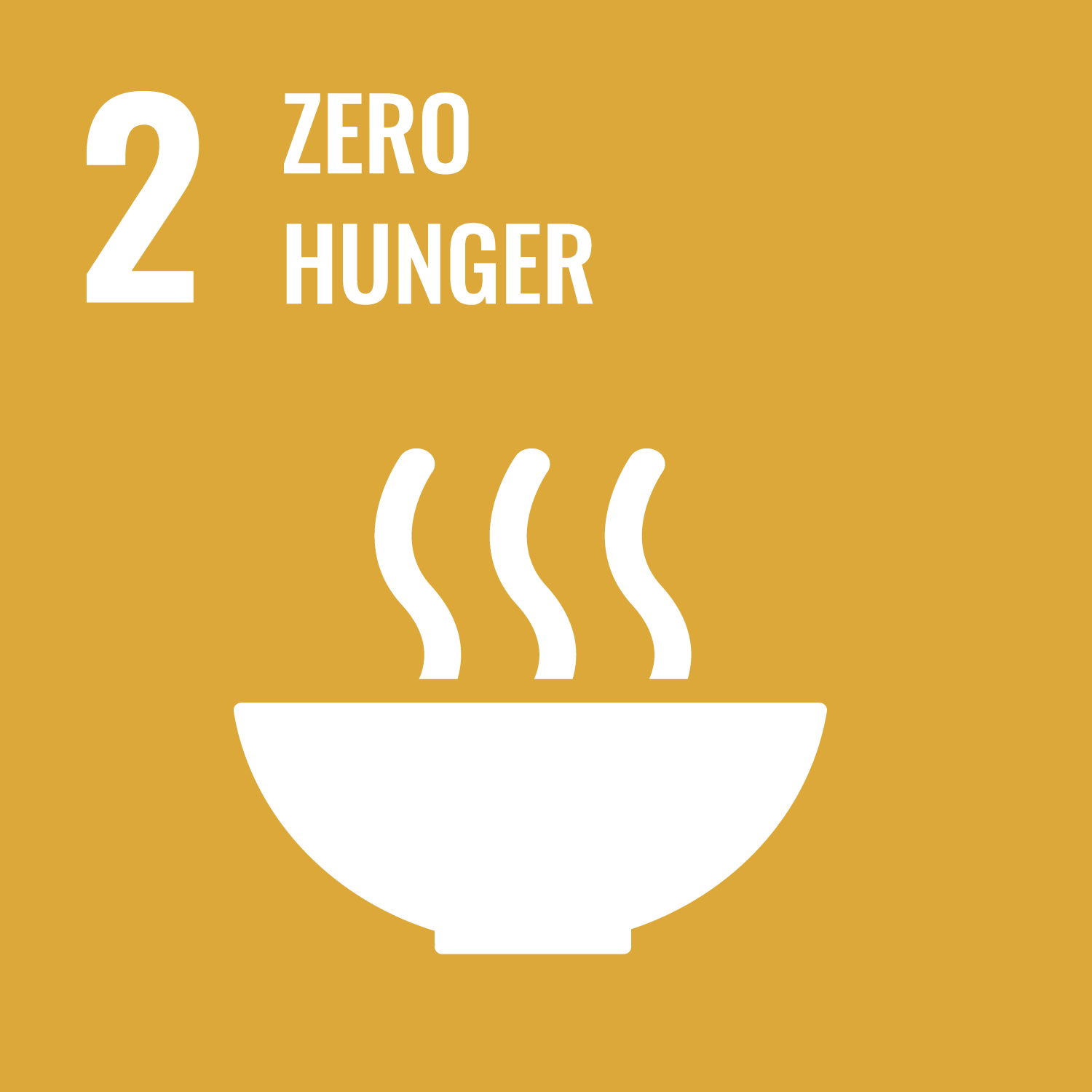
Zero Hunger
Goal number two (2) of the SDGs is to end hunger, achieve food security, improve nutrition, and promote sustainable agriculture. Navtari, through its sustainable waste management program, produces high-quality organic fertilizer, supports sustainable agriculture programs, and rehabilitates marginal agricultural land. This directly contributes to food security and agriculture that focuses not only on quantity but also on long-term quality.
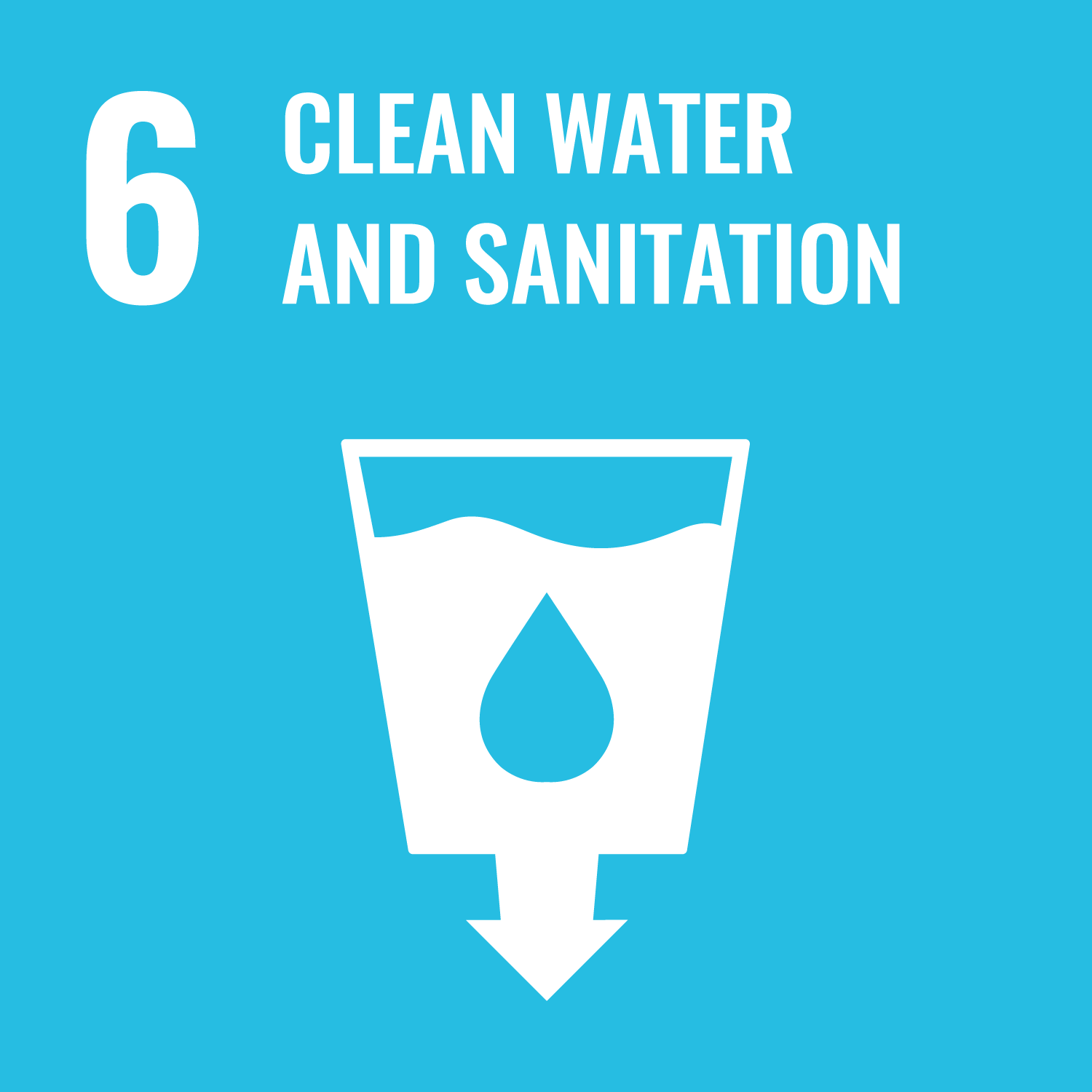
Clean Water and Sanitation
Navtari's integrated waste processing, with innovative organic fertilizer and biomass energy products, directly impacts the prevention of environmental pollution. This aligns with SDGs goal number six (6), which is to ensure the availability and sustainable management of water and sanitation for all. Clean water and adequate sanitation are basic human needs.
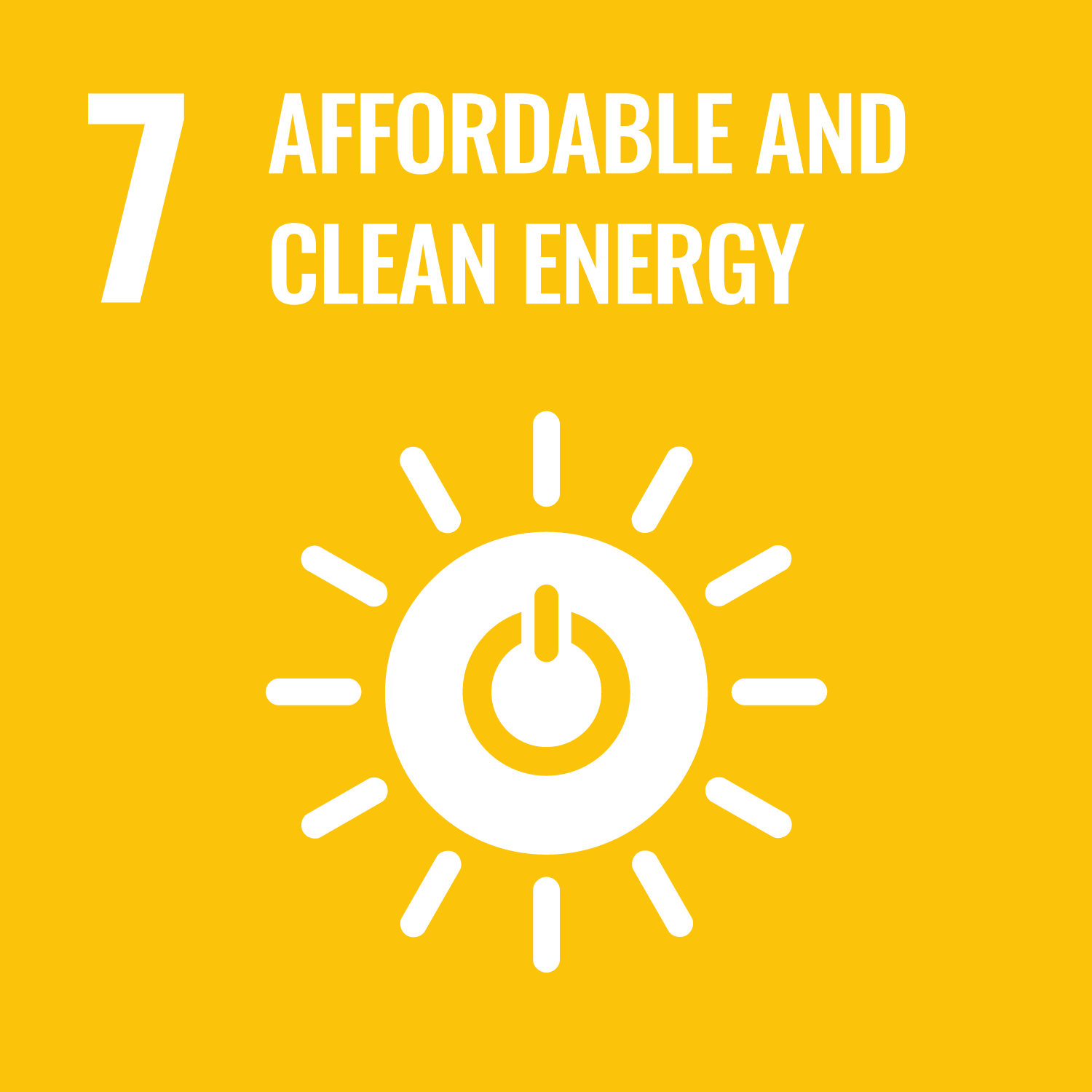
Affordable and Clean Energy
SDG 7 aims to ensure access to affordable, reliable, sustainable, and modern energy for all. Energy and its use must be efficient, sustainable, and renewable, as much as possible. Navtari converts waste into clean, renewable energy in the form of biomass, thus significantly contributing to accelerating the achievement of the SDGs by 2030.
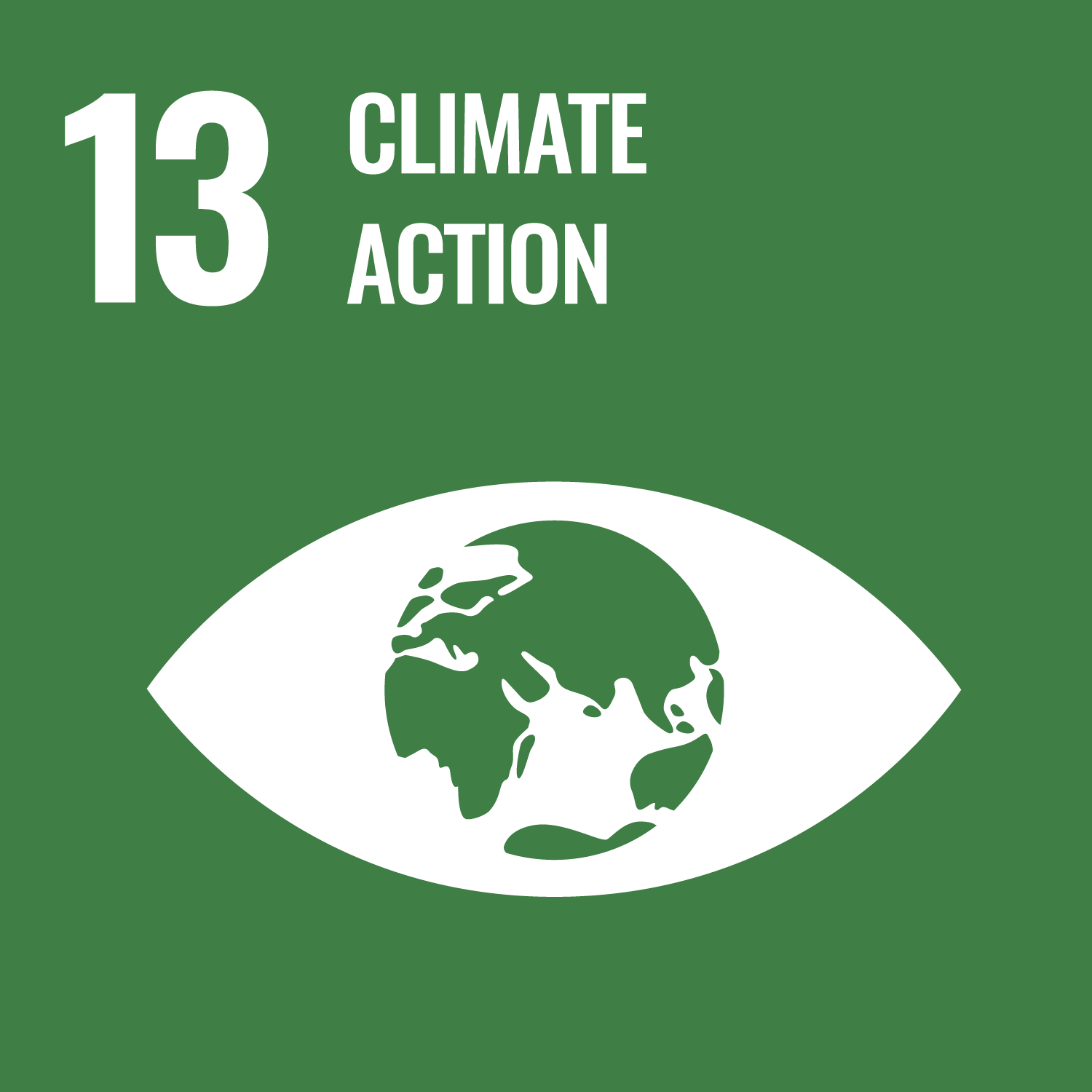
Climate Action
Navtari, through its innovations in converting waste into organic fertilizer and biomass energy, and other derivatives, is helping to achieve SDG 13, which calls for immediate action to combat climate change and its impacts. No country in the world is immune to the impacts of climate change. Greenhouse gas emissions continue to rise, and global warming is causing lasting changes to the global climate.

